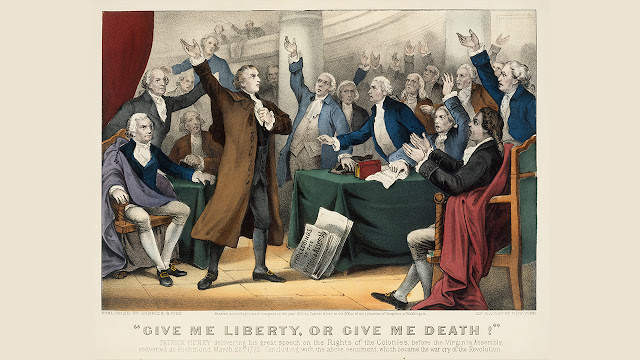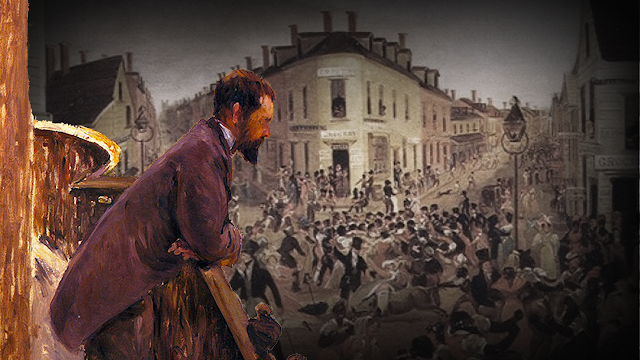Labels, Labels, Labels

Alberto Ruggieri | Getty Images Recently, I have noticed a certain phenomenon in today’s society—labeling. “Oh, you say that there are only two genders? You’re homophobic.” “Oh, you support Trump? You’re racist and xenophobic.” “Oh, you’re *insert disagreement here*? You’re *insert pejoratives here*” I have always been in defense of Gen Z and Millenials, saying that we are the two best and strongest generations that the human species has ever produced thus far. But in all honesty, that opinion is looking pretty dull to me as of late. We have embraced the trendiness of being a victim and have become so quick to judge certain individual circumstances, labeling based solely on the merits of superficialities. No longer do we acknowledge the existence of nuances, gray-areas, and have become rather hasty to just slap a “Sexist, Intolerant, Xenophobic, Homophobic, Islamophobic, Racist, Bigoted” sticker on anyone we disagree with. I only thought this existed in the spher





